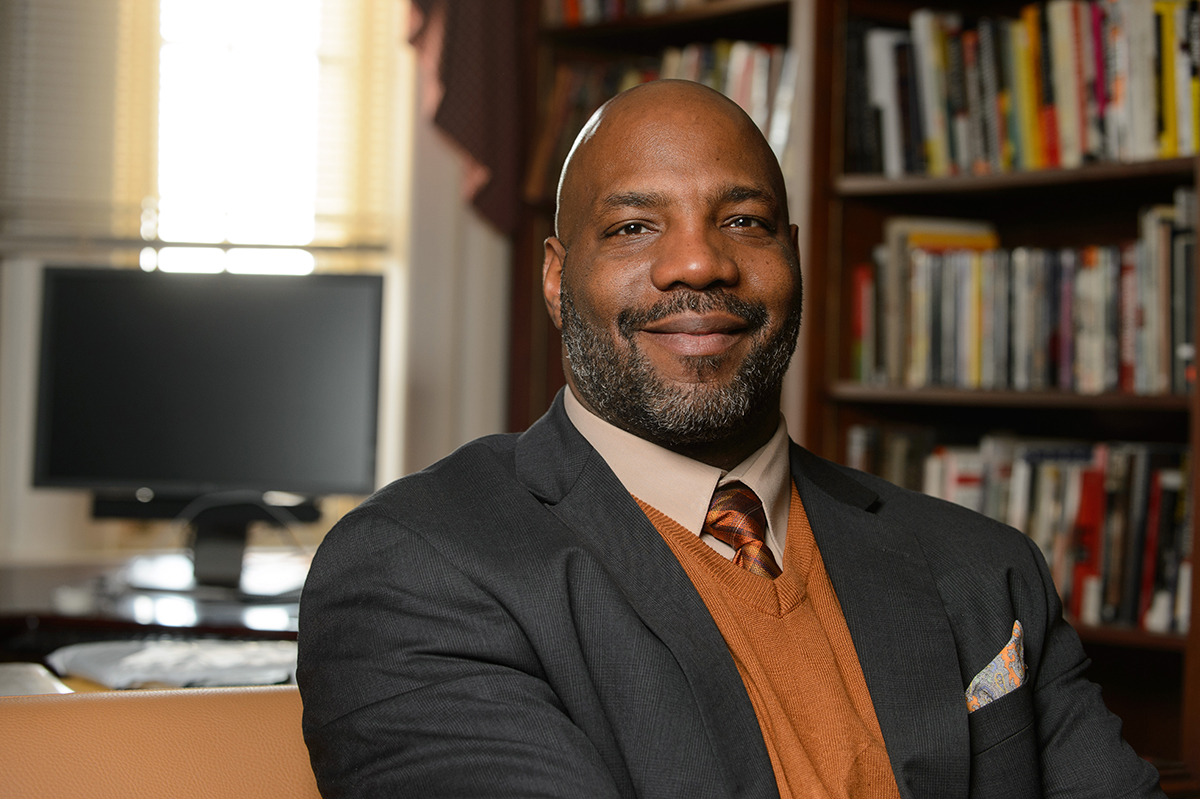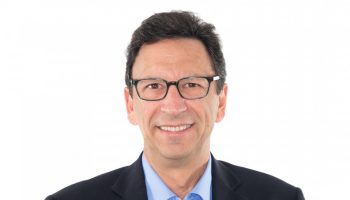Chautauqua is set to engage in a healthy dialogue surrounding race and culture.
Jelani Cobb, a staff writer at The New Yorker covering race, police and injustice in America, will speak at 10:45 a.m. on Tuesday, July 3 in the Amphitheater as part of Week Two’s theme “American Identity.”
Cobb, a Queens, New York, native, has earned accolades like the Sidney Hillman Prize for Opinion & Analysis Journalism and a 2017 Walter Bernstein Award from the Writers Guild of America East. He is a professor at the Columbia University Graduate School of Journalism and former director of the Africana Studies Institute at the University of Connecticut.
He is the author of books such as The Substance of Hope: Barack Obama and the Paradox of Progress; To the Break of Dawn: A Freestyle on the Hip Hop Aesthetic; and The Devil and Dave Chappelle and Other Essays. His work has previously appeared in publications like Essence, The Progressive and The New Republic.
Matt Ewalt, Chautauqua Institution’s chief of staff, said the Institution needed a voice like Cobb’s as part of this week’s lecture series that focuses on the intersection of social justice and identity at a time when “few things are more critical to the national conversation than race.”
“When we decided on a week for ‘American Identity,’ knowing identity has been the core of our national dialogue throughout our history, but particularly the past couple of years with deeper polarization of the American citizenry in how we define ourselves as Americans, we knew there were a few voices and thought leaders that had to be part of this dialogue,” Ewalt said. “Jelani Cobb is one of the country’s leading thought leaders, particularly on issues of race, culture and identity in the United States.”
Ewalt said Cobb is aware of Chautauqua’s platform because of its prominence in American history and its educated and well-read audience, and believes Cobb wants to engage this larger community in themes around American identity he wrestles with in his work.
“He’s eager to contribute to a dialogue on these issues of American identity, knowing we’d be looking at them through a lot of viewpoints,” Ewalt said. “I think there are many in Chautauqua who are New Yorker readers and familiar with Cobb’s work and respect his thought leadership and incredible gifts as a writer, regardless of one’s policies.”
Cobb stressed the importance of continuing the dialogue about racial injustice and not getting comfortable with the current social climate in his 2015 article “Murders in Charleston.” The article focuses on the Emanuel African Methodist Episcopal Church shooting in Charleston, South Carolina, and Cobb wrote that “the daisy chain of racial outrages that have been a constant feature of American life since Trayvon Martin’s death, three years ago, are not a copycat phenomenon soon to fade from our attention.”
He stated a similar discourse in his 2014 piece “The Anger in Ferguson” about the shooting of Michael Brown, an 18-year-old, unarmed African-American, in Ferguson, Missouri, and how common racial profiling is in the United States.
“Yet what happened on Staten Island and in Dearborn Heights, Charlotte, Jacksonville, and Sanford have culminated, again, in the specific timbre of familial grief, a familiar strain of outrage, and an accompanying body of commentary straining to find a novel angle to the recurring tragedy,” Cobb wrote. “The conventions are so familiar that … the hashtag #iftheygunnedmedown began circulating on Twitter, with thousands of tweets pointing to the ways in which incidents such as these play out.”
Ewalt has no doubt Cobb will bring this kind of honest reckoning and wrestling to Chautauqua.
“He’s prepared to have a difficult conversation about race with a predominately white audience, but that dialogue has to happen,” Ewalt said. “I hope, totally recognizing there’s a range of political viewpoints represented in that audience, that we can engage and challenge one another, but in doing so, believe the conversation matters.”





